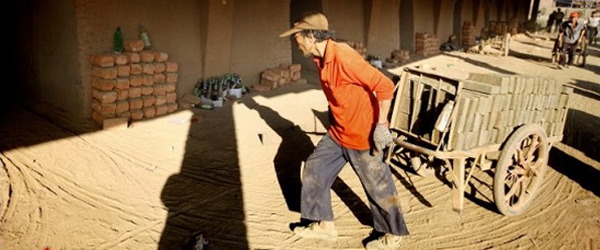The Philippines, one of the world’s largest labour exporters, has ordered a ban on the deployment of workers to 41 countries — including war-torn Afghanistan and booming India — where Filipino officials say there are inadequate protections against labour abuse, according to GulfNews.
The report quoted Labour Secretary Rosalinda Baldoz saying worker deployments to 125 other countries would continue because Philippine embassies have verified they have laws protecting foreign workers.
A 2009 Philippine law requires that workers only be sent to countries that provide legal protection to foreign labourers, are a party to international labour protection accords or have agreements with Manila that guarantee against abuse.
Nearly 10% of the Philippine population of 94 million work abroad, with many going to the Middle East.
Carlos Cao Jr., who heads the government’s Philippine Overseas Employment Administration, said the bans will take effect 15 days after the order is published in major newspapers. The countries affected by the bans are not major destinations of Filipino workers, he said.
The few hundred Filipinos working in those countries can remain there until their current contracts expire, Baldoz said.
Multinational companies with high labour standards will be exempted from the ban even if they operate in countries like Afghanistan where the labour ban will be imposed, she said.
Filipino lawmakers who passed the 2009 law “were very much aware of the welfare issues, exploitation and abusive practices in some countries,” Baldoz was quoted telling The Associated Press. She said the Philippines may be the only major labour-exporting country to impose such a ban based on a law.
The bans will be lifted if the affected countries take adequate steps to protect Filipino workers from abuse and allow them to seek help if they are maltreated, Baldoz said.
The countries affected by the bans include Afghanistan, Cambodia, India, Cuba, North Korea, Haiti, India, Iraq, Libya, Pakistan, Serbia, Sudan and Zimbabwe.
Philippine embassies are now assessing several Middle Eastern countries where bans could be imposed, Baldoz said. More than a million Filipinos work in the Middle East, and complaints of abuses and maltreatment are most frequent there, Baldoz said.
Filipinos who wish to work overseas are required to obtain government approval, although some circumvent the regulation and travel abroad on their own.
More at Gulf News




